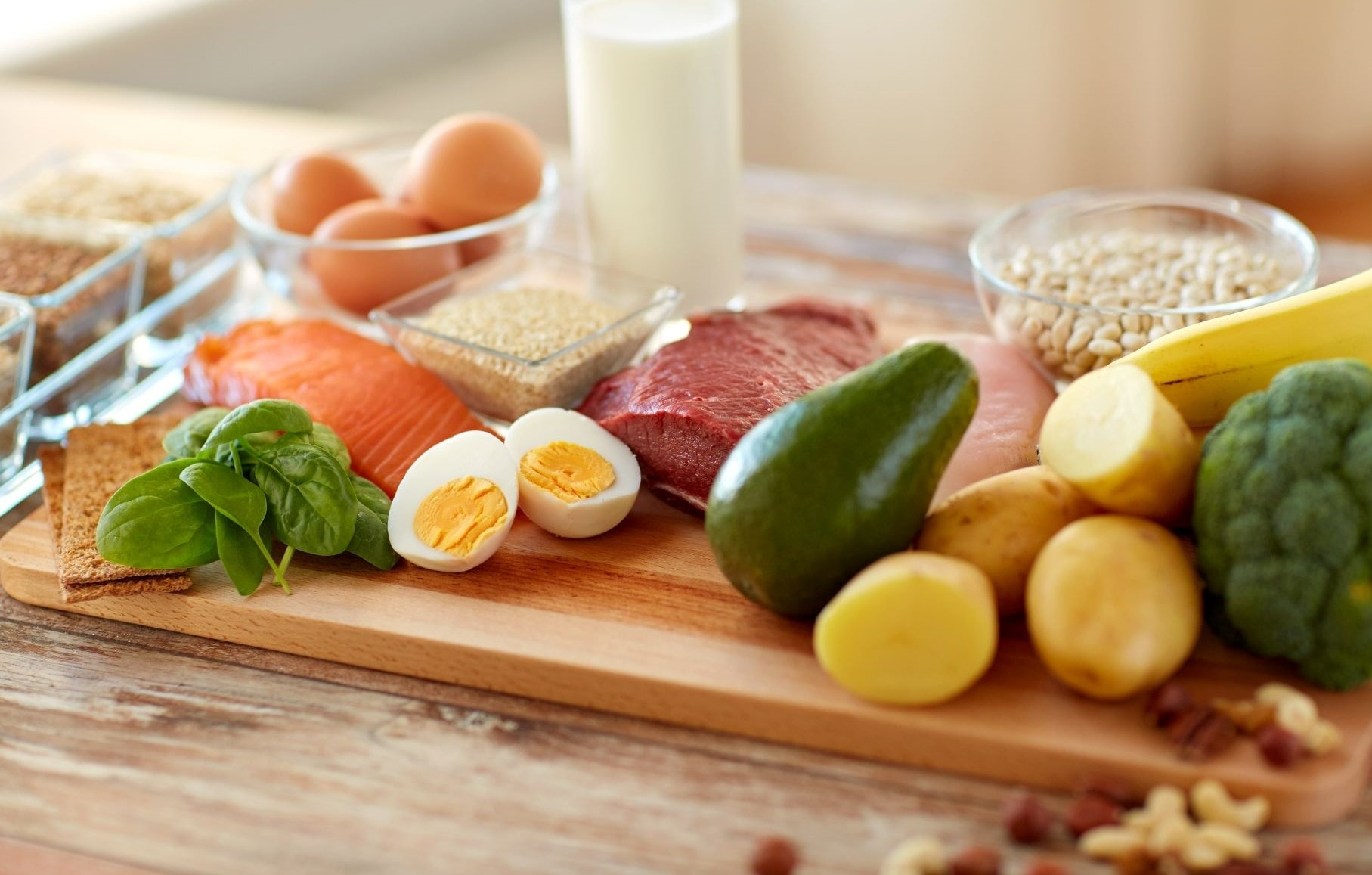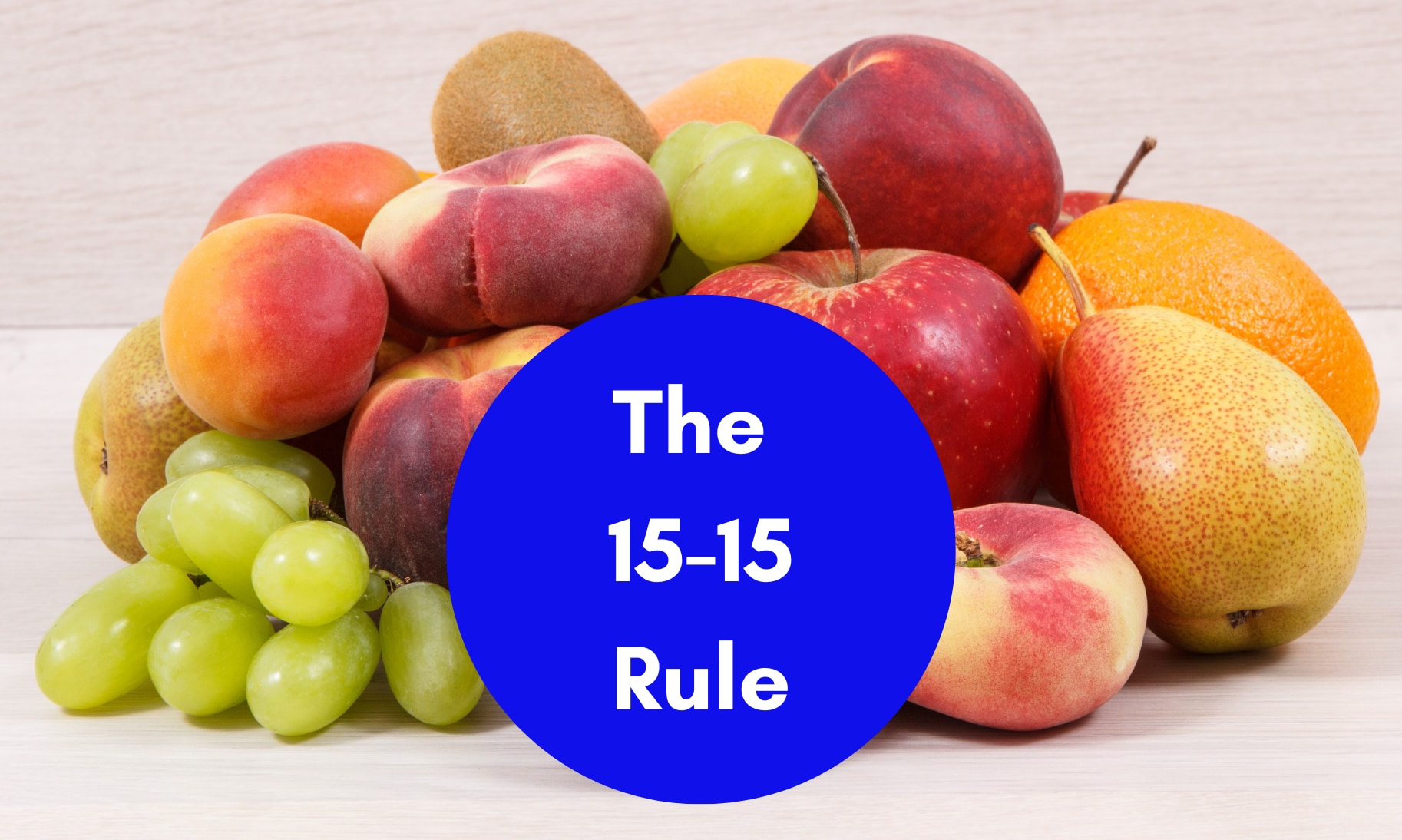The importance of protein for people with diabetes

Protein is a little molecule that makes a big impact in your daily life. You could say that protein is a building block of all life on Earth. We all need it to survive. Your body uses it to build new tissue, make new cells, and repair any damage. When it comes to protein and diabetes, eating protein can help you feel full without significantly raising blood sugar. Getting the right amount in your diet is also a great way to stay healthy and give your body the nutrients it needs to build strong tissue and muscle.
The link between diabetes and protein
Your body breaks down protein differently than carbohydrates. The good news is that people living with diabetes may not need to track protein intake as carefully. It’s still important to get enough protein in your diet. Protein contains amino acids that are vital for many of your body’s functions. Some foods have all essential amino acids, which is why they’re called complete proteins. These foods include:
- Eggs
- Poultry
- Red meat
- Cheese
- Milk
- Soy
However, not all protein contains each of the nine amino acids you need. Protein without all nine essential amino acids is considered incomplete. Nuts, seeds, and grains all provide protein, but they are incomplete. You’ll have to eat a variety to get all your essential amino acids.
If you have diabetes, it's important to know that your body doesn't use protein for energy as easily as it uses carbs and fat. This means that eating protein won't raise your blood sugar as much, which is a big deal for people with diabetes.
Consider how long it takes for protein to be digested compared to carbs. On average, carb-based foods take about 30 to 60 minutes to be digested. Protein-based foods, on the other hand, can take upwards of four hours to be digested. This is because your body uses carbs first to create glucose for energy. Protein stays in your system longer, giving your body time to process it without noticeably raising your blood sugar.
This effect can vary from person to person, so it’s best to have a protein-rich snack and measure your blood sugar before and after. Compare the results to your numbers after a carb-heavy snack, and you’ll have a good idea of your body’s reaction.
Protein and diabetes: How much do you need?
With or without diabetes, people who want to eat a balanced diet need to ensure about 15% to 20% of their calories come from protein. It’s easy to figure out if you already know how many calories you eat on average.
One way of figuring out how much protein you need is to divide your weight in pounds by 2.2. That number is the minimum grams of protein you need a day. If you multiply that by 1.5, you will find your maximum allotment of protein.
Getting the right amount of protein in your diet is necessary as a person living with diabetes for the same reasons it’s necessary for any person without diabetes. Not getting enough protein can make you weak and decrease your body’s ability to build muscle or complete difficult physical tasks. Protein can help you have lots of energy to do the things you love. The connection between protein and diabetes starts there — if you want to be healthy and happy, you need to get your daily dose of amino acids.
Suggestions for a protein-rich diet
The great thing about eating the right amount of protein is that it comes in many different forms, including some of your favorite foods. Here are a few of the protein sources recommended by the American Diabetes Association recommends.
Plant-based proteins
- Beans
- Hummus
- Peas
- Soy nuts
- Almonds, cashews, and peanuts
Seafood
- Tuna
- Herring
- Catfish
- Salmon
- Crab
- Shrimp
- Oysters
White meat
- Chicken
- Turkey
Dairy
- Reduced-fat cheese
- Cottage cheese
Red meat
- Cuts trimmed of fat
- Roasts
- Beef chuck
If you aren’t on a strictly plant-based diet, the ADA recommends eating seafood like tuna and salmon at least twice a week. These protein sources are low in cholesterol, sugar, and calories. How do you manage the relationship between protein and diabetes? Tell us about your favorite protein-rich foods in the comments!



